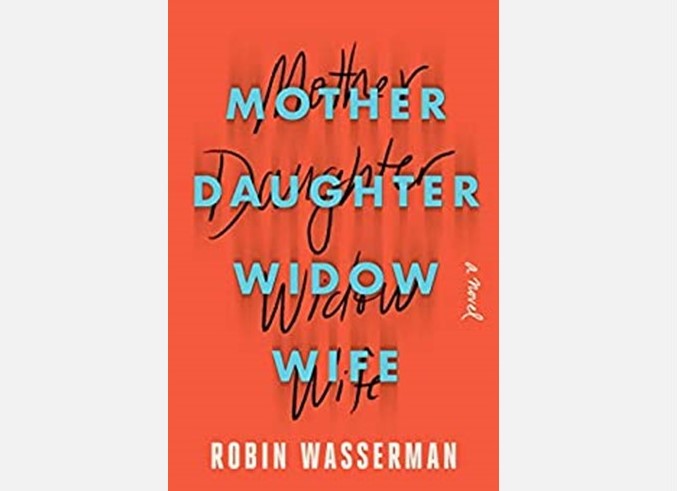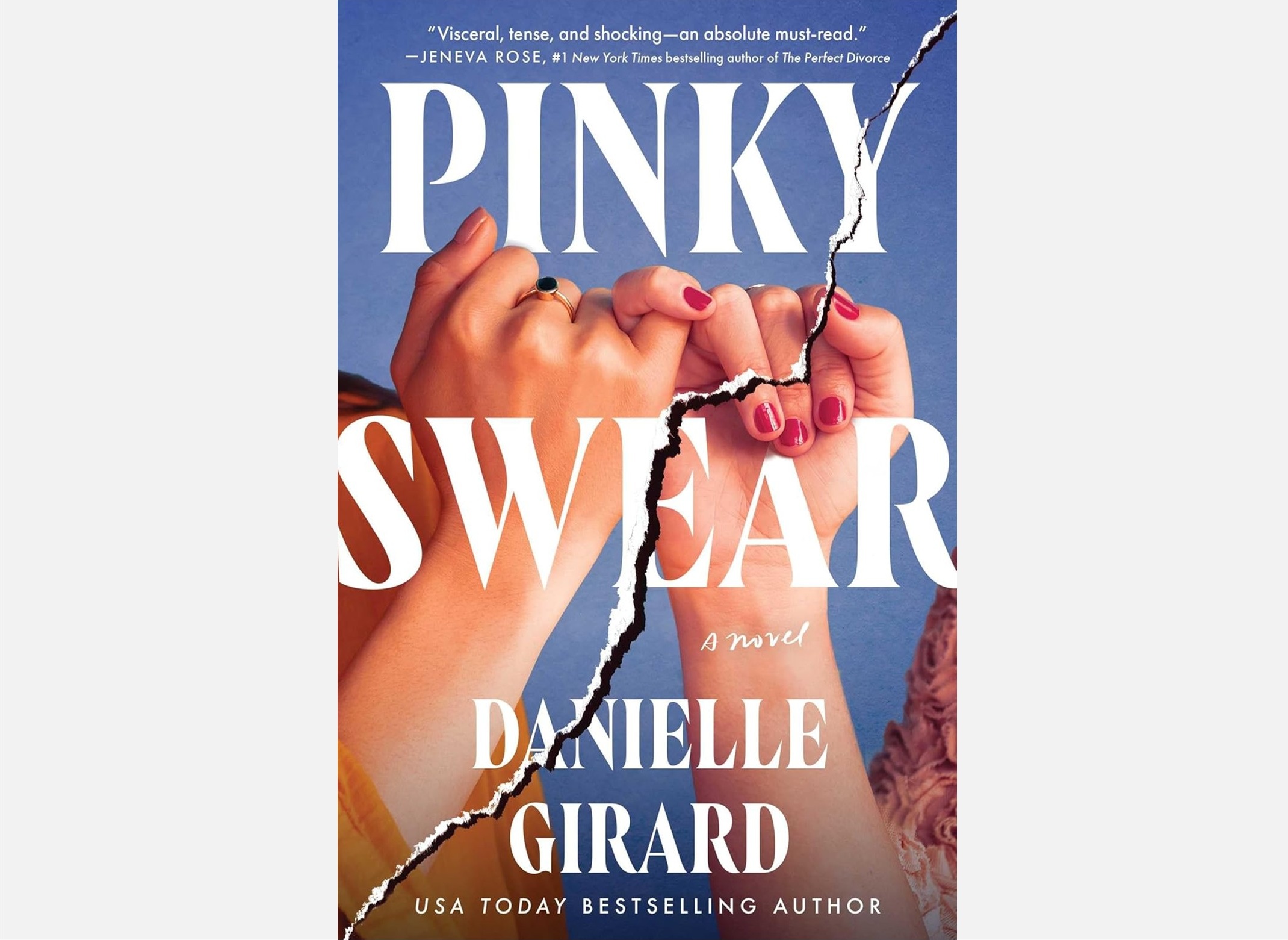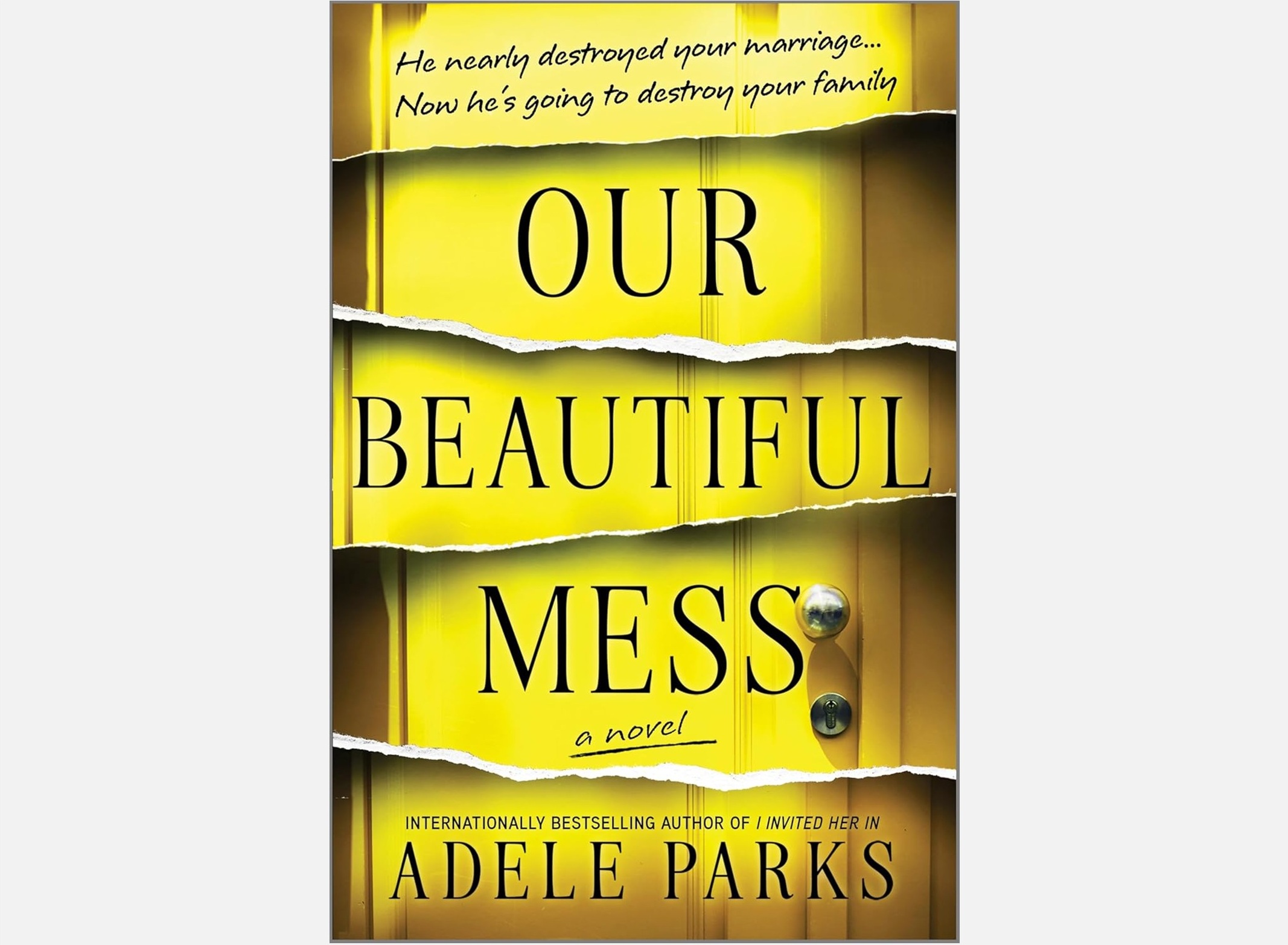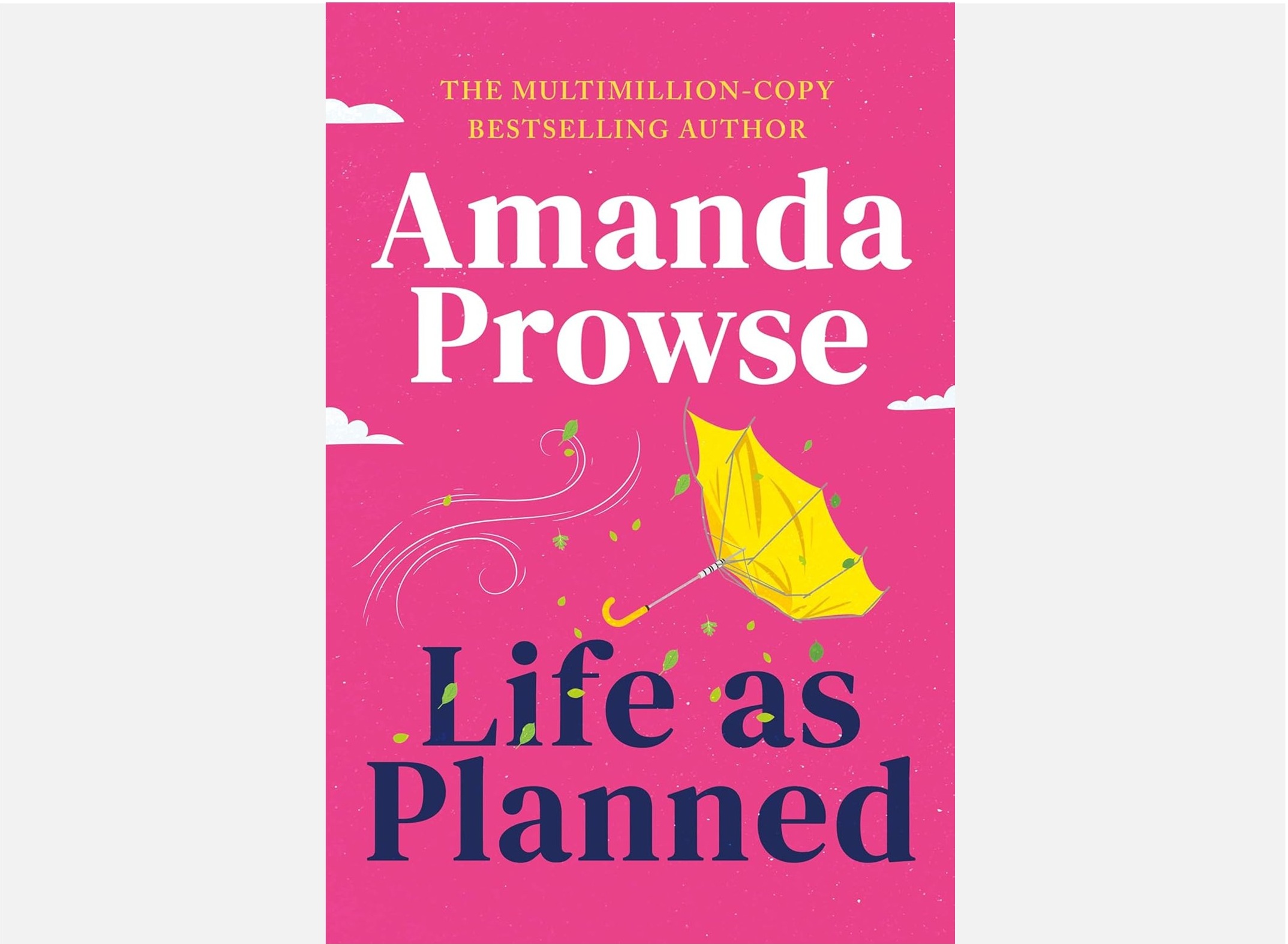Story for the Week
Memory is a funny thing. I can remember the lyrics to dozens of Elton John songs from the 1970s (🎶 “It’s a little bit funny….” 🎹), but I can’t remember what I had for breakfast yesterday (or even if I ate breakfast 🤨). I can remember the preamble to the U.S. Constitution thanks to Schoolhouse Rock, but I can’t remember what I need from the grocery store without the list I keep on the refrigerator and look at several times every single day.
You can’t say that it’s about what’s more important because, as much as I love Elton—and breakfast — my shopping list is clearly more important than the lyrics to “Your Song.” And you can’t say it’s only about repetition because I look at my grocery list a lot more often than I hear “Goodbye Yellow Brick Road.”
We do know, however, that repetition helps us remember. Throughout school, students learn mnemonics to help them remember details for exams. Even though I haven’t been in school for a long long time, I still remember the colors of the rainbow (Roy G Biv 🌈), the notes of the treble clef (Every Good Boy Does Fine 🎼), and all the Great Lakes (HOMES 🌊). To this day, when I have to remember how many days there are in a month, I don’t look at a calendar. I go through the rhyme in my head: “30 days hath September, April, June, and November….”
I think we all get more forgetful as we age, but even young people can have lapses in memory. My teenage daughter has misplaced her AirPods twice in the last week. When I asked her if she remembered where she used them last, her response was predictably sassy: “If I knew that, I would have them.” Stress, lack of sleep, even a poor diet can cause people to forget things.
I’ll chalk up my daughter’s forgetfulness this week to the first two factors since she just finished the first three weeks of her summer school course. And the number of times I walk out of my home office and into the kitchen, get distracted and forget what I got up for…well, let’s just say that at least a couple times a week, I go back to my desk and then get up again because I remembered what I went into the kitchen for to begin with.
The study of memory goes back at least to the days of Aristotle and his theory that humans are a blank slate at birth. But what happens when the slate fills up and then starts to become blank again? If you’ve ever known someone diagnosed with dementia, you know that it seems like their memory is going backward. It is estimated that someone in the world develops dementia every 3 seconds. That’s 600 people in the time it takes to watch a 30-minute sitcom—more than 175,000 people each year.
My sister-in-law recently lost her mother after a four-year battle with dementia. It wasn’t easy to see what they were going through, so I can’t even imagine how hard it was for all of them to live it every day. I can’t help but believe that it’s not a coincidence that I finished a book about a woman who lost her memory in the same week that we lost Mary. Perhaps it’s the universe’s way of making sure that I remember her.
In memory of Mary, a wonderfully sweet woman whose family became my family more than 30 years ago and who we will never forget.
Resources:
Book Review
⭐⭐
2 Stars for Mother Daughter Widow Wife by Robin Wasserman
333 pages
Publisher: Scribner
Publication Date: July 7, 2020
I received an advance copy of this title from NetGalley and Scribner.
Publisher’s Description
Who is Wendy Doe? The woman, found on a Peter Pan Bus to Philadelphia, has no money, no ID, and no memory of who she is, where she was going, or what she might have done. She’s assigned a name and diagnosis by the state: Dissociative fugue, a temporary amnesia that could lift at any moment—or never at all. When Dr. Benjamin Strauss invites her to submit herself for experimental observation at his Meadowlark Institute for Memory Research, she feels like she has no other choice.
To Dr. Strauss, Wendy is a female body, subject to his investigation and control. To Strauss’s ambitious student, Lizzie Epstein, she’s an object of fascination, a mirror of Lizzie’s own desires, and an invitation to wonder: once a woman is untethered from all past and present obligations of womanhood, who is she allowed to become?
To Alice, the daughter she left behind, Wendy Doe is an absence so present it threatens to tear Alice’s world apart. Through their attempts to untangle the mystery of Wendy’s identity—as well as Wendy’s own struggle to construct a new self—Wasserman has crafted a jaw-dropping, multi-voiced journey of discovery, reckoning, and reclamation.
************
Mother Daughter Widow Wife is the first title I’ve read by Robin Wasserman. Having always had an interest in psychology, I found the description intriguing. What makes someone forget who they are, and what happens to the family the leave behind?
The book is told from many perspectives—Wendy Doe (mother) and Lizzie Epstein in the past, Elizabeth Strauss (widow and wife) and Alice Clark (daughter) in the present. Only Elizabeth’s chapters are told in the first person.
The book begins with Wendy describing herself as the research subject, and then we meet Lizzie as she arrives at the Meadowlark and meets the infamous memory scientist Benjamin Strauss. We then immediately come into the present with Alice leaving home on a bus, the same way her mother did. Then we meet Elizabeth, 48 and a widow mourning her husband like she does every Tuesday because Tuesday was the day of the week he died.
First, let’s talk about what I like about the book. I like the juxtaposition of past and present. I have read a lot of novels that make the past/present difficult to follow, but because of the way the main characters are split, it is easy to know when the story is taking place. I also appreciate how the author creates a different voice for every character. Each character basically goes on a journey of self-discovery. Even Wendy, who remembers nothing of her past, is determined to design a future until her past comes back to her.
What I don’t like, and what knocks the book way down to 2 stars for me, is outlined in the spoilers below.
***SPOILERS*** SPOILERS***SPOILERS***
The chapters for Lizzie and Elizabeth (who are actually the same person) sound almost too academic. Understanding that Lizzie is a scientist, a student of Dr. Strauss (who he called Elizabeth and later became his mistress and wife), her chapters are written almost like a textbook. I saw a number of reviews that said the chapters actually made them feel too unintelligent to read the book. I didn’t get that feeling, but I do feel like it bogged down the story a lot.
In regard to Alice, she seeks out Elizabeth because her mother has disappeared once again, and she is hoping to find her in Philadelphia, which is where she was found without her memory the first time. It is not revealed until close to the end of the book, but I guessed pretty early on that Alice is Benjamin’s daughter.
What we find out when the reveal comes is that Lizzie suspected because she found the pregnancy test when Wendy leaves the Meadowlark having regained her memory and gone home. While Alice is living with Elizabeth and starts learning about her mother’s time as Wendy Doe, she begins to take on some of the carefree attitudes her mother had, and she seems to completely lose sight of why she went looking for Elizabeth to begin with.
Elizabeth’s journey takes her into Benjamin’s past after she left her career and became just Benjamin’s wife, but I don’t feel like we spend enough time here for her to get to the end of the story where she decides to make amends with her best friend who never liked Benjamin to begin with. Gwen tells Lizzie at one point in the story “once a cheater, always a cheater,” so we suspect that Lizzie is not the first or the last research student that Benjamin has taken up with. But she is the first one that he marries (after divorcing his wife).
The book touches on Elizabeth’s search of Benjamin’s computer and finding suspicious emails to students but no real evidence. I would have liked to see more detail about that discovery to help see Elizabeth come full circle.
Finally, and this is a big one for me, we never find out what happened to Alice’s mother this time. She vanishes from her home, her husband believes she is dead, we never get an explanation of why he believes she’s dead and Alice does not, but we never find out where she is in the present day. Alice just suddenly accepts that she is dead and visits her mother’s grave. In this journey of self-discovery for Elizabeth and Alice, I want to know what happened to Wendy Doe the second time!
One other thing that knocks this down for me has nothing to do with the plot. It’s a couple of “language” issues that stick out. I am not a prude by any stretch of the imagination, but I really don’t like the C-word. There is one instance of it in the book when Alice is being photographed by a man that she meets when she sneaks into an AA meeting (following in her mother’s footsteps). “She let him photograph her, body part by body part, leg ear hand nipple c***.” It was extremely unexpected and jarring, and I think the author could have gotten the point across some other way.
The other thing that bothered me was the number of F-bombs in this book that don’t fit the voice of all of the characters. Not everyone in life uses the F-word, but for some reason, almost every character in this book uses it at least once. Very early on, there were so many instances of it over a couple of pages that I did a search for it and found that there are 92 occurrences in the book. That’s once every 3.5 pages or so, and it really doesn’t advance the dialog at all. I just find it so unnecessary.
I think this book had the potential to be a 4-star read, but it falls short.
If you enjoyed this post, please comment below. Subscribe for regular updates, and share it with your friends. If you’re interested in starting a conversation, send an email to booksundertheblanket@gmail.com.
As an Amazon affiliate, I earn a small commission at no cost to you when you make a purchase using the links on my site.




